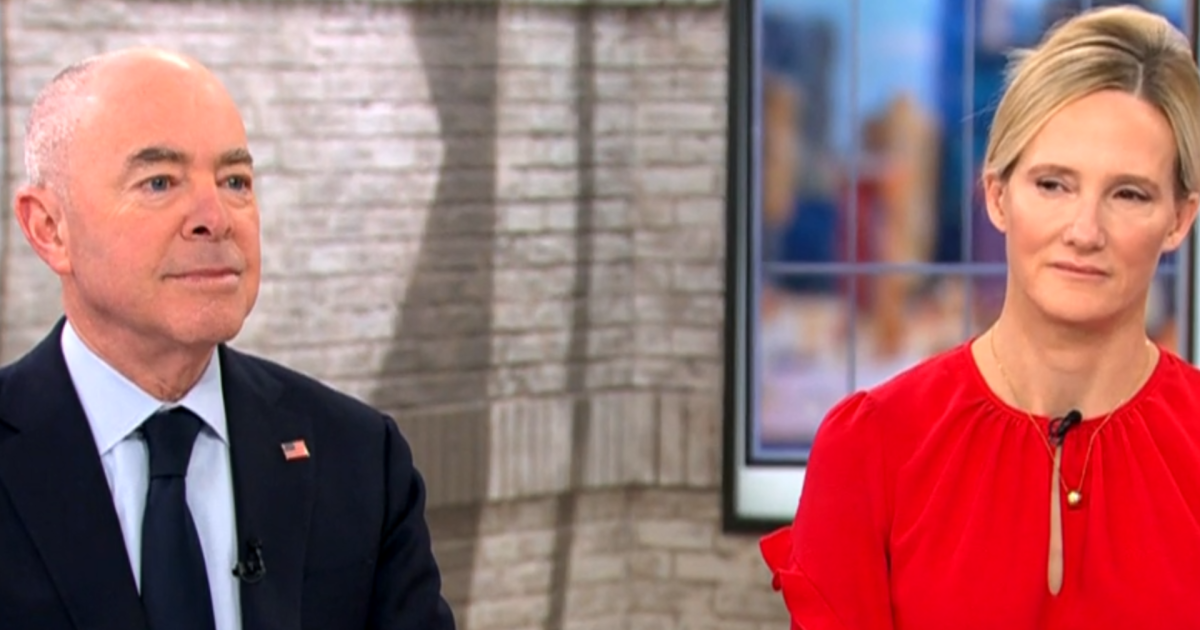Tips for lowering your blood pressure, which may reduce your risk of dementia
A study in the Journal of the American Medical Association has found a link between high blood pressure and dementia. About one in three American adults have high blood pressure and Dr. Tara Narula says bringing that number down could potentially bring down the number of people suffering from dementia.
"Dementia affects about 10% of Americans over 65," Narula told "CBS This Morning" on Wednesday. "We don't have a lot of great treatments or preventative measures. And a lot of people don't know that hypertension or high blood pressure can be associated with future risk of dementia. And this is something that's potentially modifiable."
Narula said the study followed about 4,800 Americans for 24 years and looked at blood pressure patterns.
"They found two patterns that were associated with an increased risk of dementia," Narula said. "The first was when you had high pressure in midlife, which is 50s to 60s, that persisted into your later life. The second pattern was if you had high pressure in midlife but then developed very low blood pressure inlater years. And by low I mean less than 90 over 60."
Narula said those findings highlight the importance that hypertension is potentially modifiable.
"We can really make a huge public health impact by controlling this," Narula said. "We need to be starting this early, in your 40s and 50s. And as far as the older population is concerned, we do need to kind of do more research to figure out what is the ideal blood pressure when you get older."
So what can you do to control your blood pressure? The first step is finding out what your blood pressure numbers are.
"You have to start getting screened early," Narula said. "We actually tell people in your 20s you should start getting screened. You should know what your numbers are, have that very close relationship with your doctor where if you do have high blood pressure getting checked often."
Lifestyle changes like reducing salt consumption, increasing potassium, exercising, controlling your weight and cutting down on or quitting alcohol consumption and smoking can also help. Taking any medications you're prescribed is key as well.
"High blood pressure is asymptomatic for a lot of people," Narula said. "You feel well and so you think, 'I don't really have high blood pressure' or 'Maybe I had it one time, but now I'm fine. I don't need to take my medications.' But what it's doing is it's damaging, that increased pressure is damaging all the blood vessels that supply blood throughout your body."
And that damage can lead to a myriad of problems.
"It's associated with an increased risk of chronic kidney disease. Stroke, heart attack, heart failure, vision loss, sexual dysfunction," Narula said. "Anywhere there's an artery in your body that's seeing high pressure, there's a potential to damage those cells."



